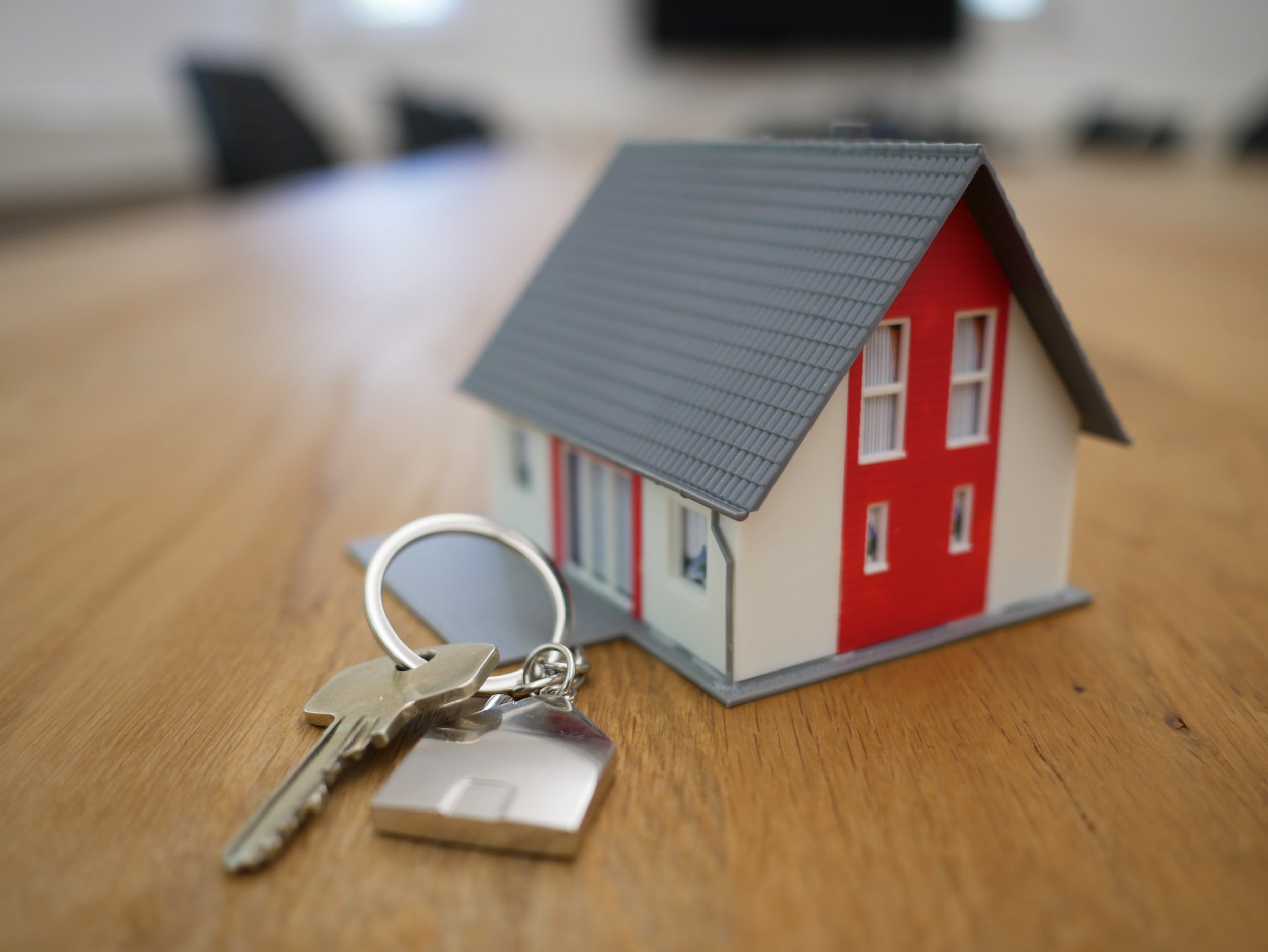Selling Your Home Will Be Easier With NFTs
Collecting data
A few years back, I sold the house I grew up in as a young child. My parents bought the house when it was only a year old, in a new neighborhood with a rich history.
Because my parents were diligent in maintaining the house, they saved all the warranties, receipts, and records in a notebook. Through the years, pages faded, and some documents became outdated.
When my parents moved out and I moved back in, I tried my best to keep up with the records. We added a shop, dealt with neighborhood water and power issues, and managed to keep up with replacing appliances and painting the exterior.
The pain of selling
When it was time to sell, I had this notebook full of information. But it was just paper. No one else had that information. I shared it with my realtor and started preparing the house for sale.
We handled all sorts of forms, questionnaires, inspections, and reporting.
I combed through the notebook for answers.
We racked our brains on dates and details.
The potential buyers had the pain of applying for loans.
We dealt with title companies.
In the end, it was a two-month process. Could all of this be easier?
Yes, now we are moving to a better solution. A permanent record for anyone to review.
A new company, BHR, is taking steps to help eliminate the stress and pain of buying and selling a home. BHR will create an NFT of your property and place all the details on the blockchain.
This data belongs to the property owner, and with permission, the owner can share what they approve with realtors, title companies, utility providers, insurance agencies, and banks.
That giant notebook of paper can now be stored on the blockchain and easily accessed. If the house is sold to a new owner, that NFT goes with the property… forever.
The possibilities
Lenders can access everything they need to process purchases, refinances, and lines of credit. Just thinking about the time saved can make all of us happy.
Title companies and real estate attorneys have information at their fingertips.
MLS (multiple listing services) can integrate with the BHR ecosystem to create a new way of listing properties for sale.
Add appraisal and inspection records after each occurrence. If property owners update their home NFT with improvements and repairs, the need for complete inspections later will be unnecessary.
Utility records could be reviewed and compared to other homes in the area to discover inefficiencies.
With all this data, the homeowner could keep it private. If a third party wanted to use the data for their business purposes, the homeowner would be able to monetize that permission.
Add photos, video, appliance purchases, remodeling projects, and repairs to the property’s NFT.
Commercial property owners could also benefit from the same detailed information.
Conclusion
Your property’s NFT replaces that binder and boxes of paper. By working together, integrators with the BHR ecosystem can automatically add information to the NFT, reducing the amount of work the homeowner would need to collect and research.
If you are curious about how this all works and to claim your own home’s NFT, visit BHR.fyi.
Start building the complete history of your property and save yourself time and effort later.
